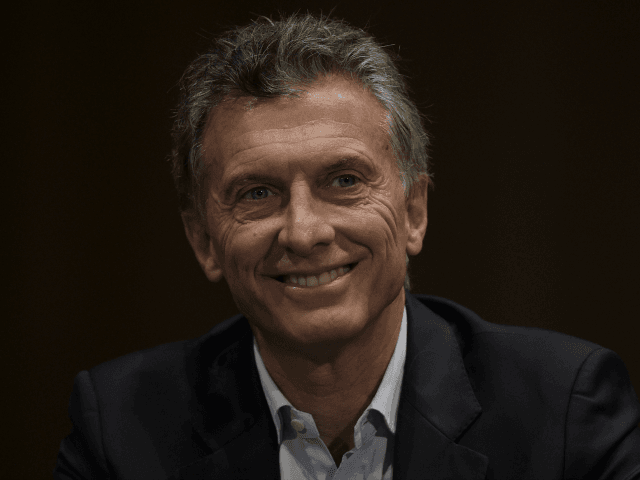Argentina’s new president, Mauricio Macri, is fundamentally shifting his country’s economy by dumping Marxism, curing defaults and sparking a capitalist revival.
After just two months in office, Marci has removed export taxes for agricultural products, slowed the printing of Argentine pesos, abolished most currency controls, and taken steps to remove subsidies on electricity, food and natural gas. The prior populist/Marxist government financed these entitlements with spectacular levels of deficit spending that led to a 20 percent annual inflation rate in both 2014 and 2015.
Argentina has immense natural resources, perhaps the most fertile land in the Americas, and very high educational attainment. That combination sparked a massive economic boom between 1890 and the 1930s. Buenos Aires was totally overhauled from a Spanish colonial town into a huge city with sprawling boulevards, French and Italian architecture, hundreds of parks and plazas, and tree-lined streets.
During this era, the Argentine rich traveled to Europe, especially to Paris, where they painted the town red with their parties, their music and their beautiful women. Seeing how lavishly the Argentines spent money, the French coined the term “riche comme un argentin,” or “as rich as an Argentine”.
But a 1943 Argentine military coup d’état by Juan Perón began decades of Marxist promises to expropriate capitalists’ land and factories, to double wages, and to provide lifetime economic security. Since the 1960s, Argentina has been the fanciest serially bankrupt nation on the planet.
But the new Marci team just announced the successful completion of negotiations for Argentina to pay $5 billion to settle claims with American hedge funds on defaulted bonds that stretch back to 2001, according to Stratfor Global Intelligence. The resolution of its debt crisis is crucial to Argentina’s immediate and future economic prospects by allowing the nation to slow inflation by gaining access to international credit markets again.
The Macri administration’s predecessor, led by former Presidents Nestor and Cristina Fernandez de Kirchner, came to power by promising to provide Marxist subsidies and default on creditor claims. The political move helped the Kirchners win three four-year terms, but drove away foreign investment, drained public finances, drove up inflation, and turned energy-rich Argentina into a net energy importer.
Although Macri’s subsidy cuts have pushed inflation up to 30 percent early this year, the revival of production and investment is expected to launch an economic boom.
Argentina will face continuing economic challenges. Brazil has historically accounted for 20 percent of Argentina’s exports, but the Brazilian currency, the real, has depreciated this year by more than 40 percent as China’s demand for commodities has imploded.
Although Argentina has spectacular opportunities for developing shale fracking for natural gas and oil, its state-owned oil company, Yacimientos Petroliferos Fiscales (YPF), lacks the financial resources needed to produce energy on a wide scale, according to Stratfor.
The obvious capitalist tool for financing an Argentine energy revolution would be to privatize YPF. But less than four years ago, President Cristina Fernández de Kirchner and her Peronist government passed a bill that re-nationalized YPF for $5 billion. Given that the company was sold in 1999 for $15 billon to Madrid-based Repsol S.A., major U.S. and international oil companies will need to build trust before reentering Argentina.
The Macri administration is laying the groundwork for a historic and fundamental shift in Argentina’s stance toward business and trade. For Argentina, settling defaults with creditors, and stopping deficit spending, are real accomplishments.

COMMENTS
Please let us know if you're having issues with commenting.